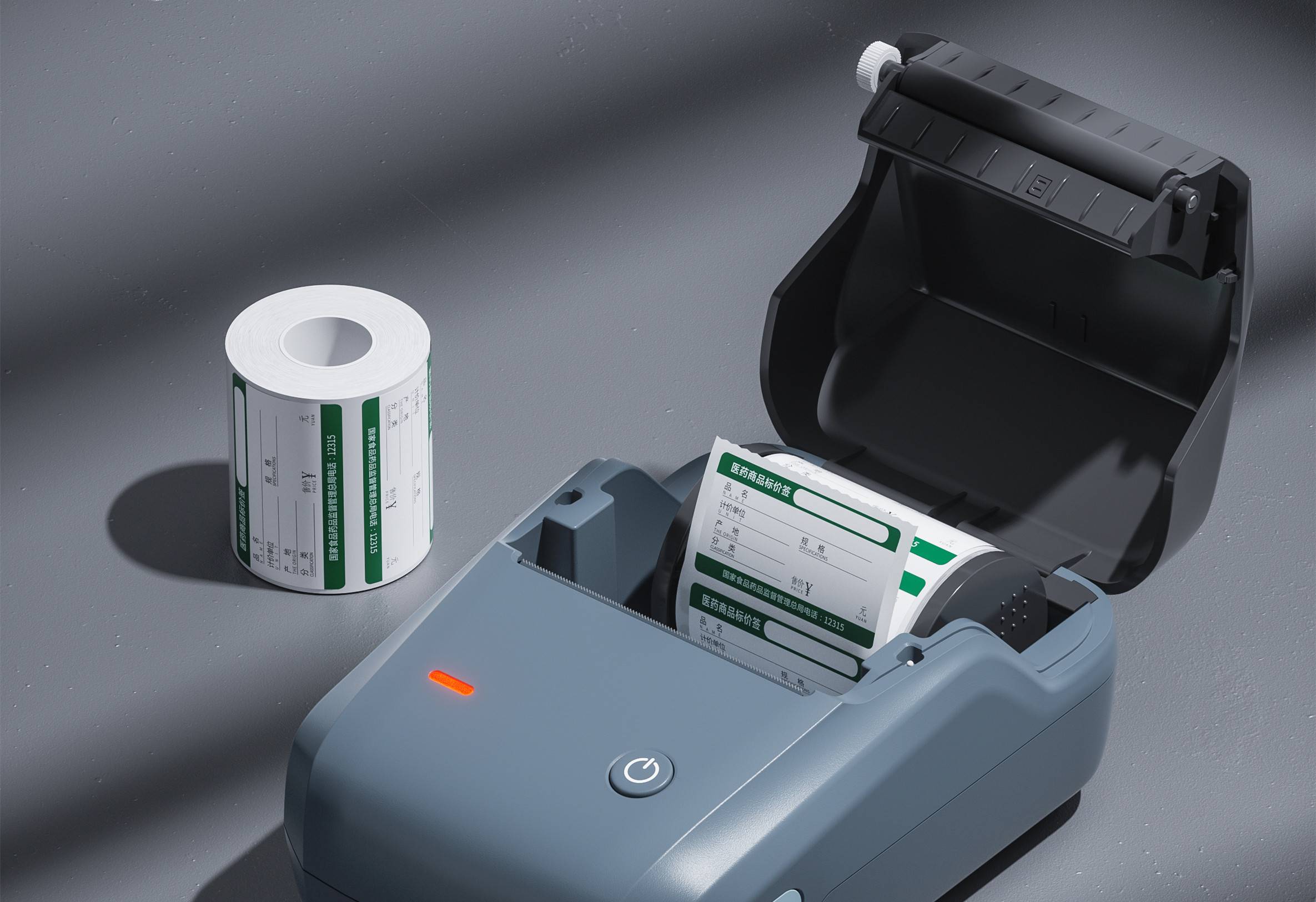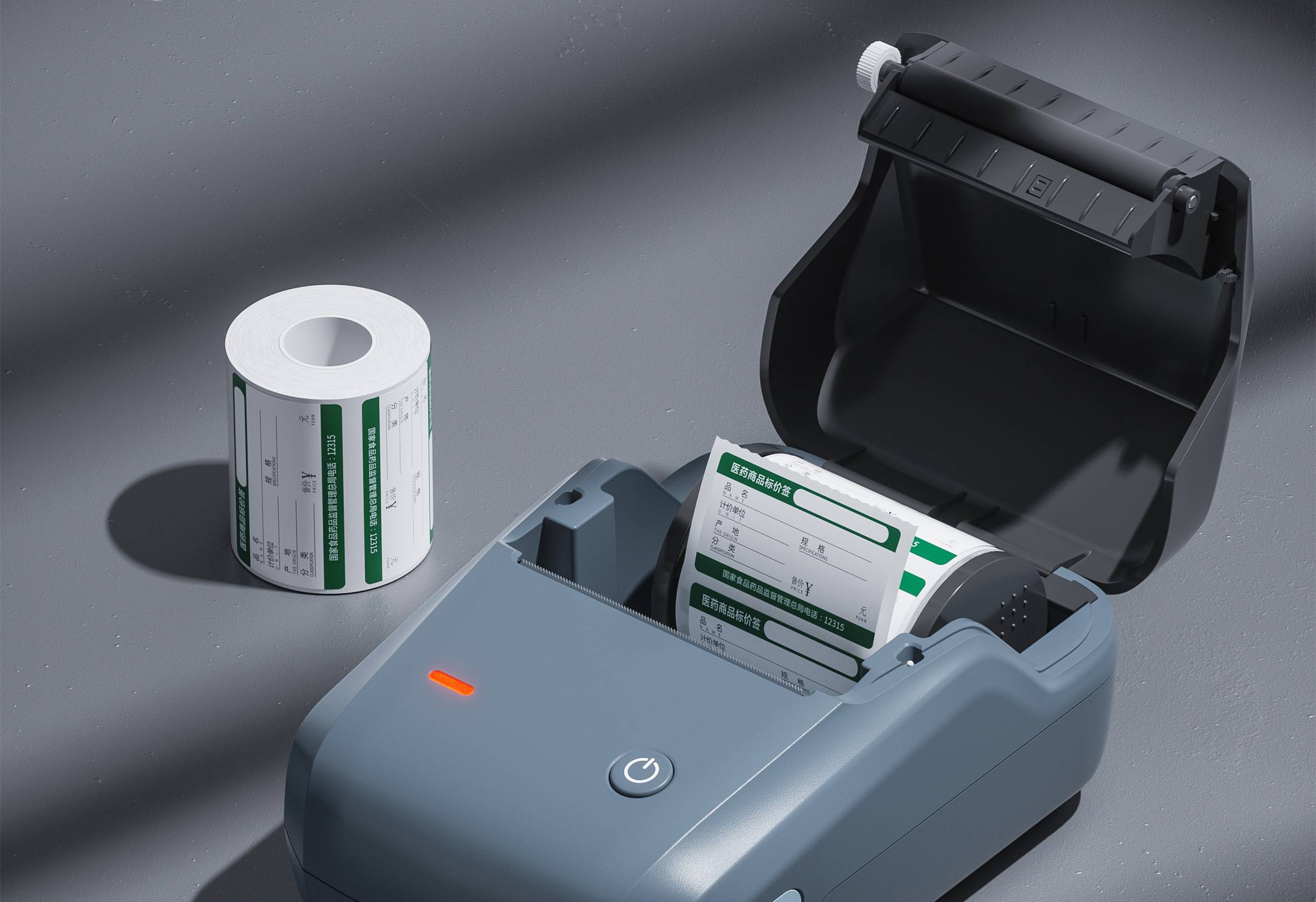
Project Introduction
Salt spray test is an environmental test that mainly uses artificially simulated salt spray environmental conditions created by salt spray test equipment to assess the corrosion resistance of products or metal materials. It is divided into two categories, one is the natural environment exposure test, and the other is the artificial accelerated simulated salt spray environment test. The artificial simulated salt spray environment test is to use a kind of test equipment with a certain volume space-the salt spray test box, and use the artificial method in its volume space to create a salt spray environment to evaluate the quality of the salt spray corrosion resistance of the product . Compared with the natural environment, the salt concentration of the chloride in the salt spray environment can be several times or tens of times of the general natural environment salt spray content, which greatly improves the corrosion rate, and the salt spray test is carried out on the product to obtain the results The time is also greatly reduced.
Salt spray test classification
(1) Neutral salt spray test (NSS test)
It is the earliest and most widely used accelerated corrosion test method. It uses 5% sodium chloride salt water solution, and the PH value of the solution is adjusted to a neutral range (6-7) as a spray solution. The test temperature is 35 ℃, and the sedimentation rate of salt spray is required to be between 1~2ml/80cm2.h.
(2) Acetate spray test (ASS test)
It was developed on the basis of neutral salt spray test. It is to add some glacial acetic acid to the 5% sodium chloride solution, the pH value of the solution is reduced to about 3, the solution becomes acidic, and the salt mist formed finally becomes acidic from neutral salt mist. Its corrosion rate is about 3 times faster than the NSS test.
(3) Copper salt accelerated acetate spray test (CASS test)
It is a kind of rapid salt spray corrosion test recently developed abroad. The test temperature is 50℃. A small amount of copper salt-copper chloride is added to the salt solution, which strongly induces corrosion. Its corrosion rate is about 8 times that of the NSS test.
(4) Alternating salt spray test
It is a comprehensive salt spray test, which is actually a neutral salt spray test plus a constant damp heat test. It is mainly used for hollow-type complete machine products. Through the penetration of the tidal environment, the salt spray corrosion not only occurs on the surface of the product, but also occurs inside the product. It converts the product alternately under the two environmental conditions of salt spray and damp heat, and finally assesses whether the electrical and mechanical properties of the whole machine product have changed.
Test Methods
Test item: Salt mist test
Reference standards: IEC60068-2-11 (GB/T2423.17), ISO 4628.3, ASTM B117, JIS-Z2371...
Common test parameters:
Salt spray can be divided into three categories:
Neutral salt spray test (NSS test) (solution: PH value is adjusted in the neutral range (6.5 ~ 7.2), the test temperature is 35 ℃)
Acetic acid salt spray test (ASS test) (solution: add some glacial acetic acid, PH value drops to about 3)
Copper salt accelerated acetate spray test (CASS test) (the test temperature is 50 ℃, a small amount of copper salt-copper chloride is added to the salt solution)
Test time: 16H (minimum)
Method Standard
GB/T 2423.17; IEC 60068-2-11; GB/T 10125; ISO 9227; ASTM B 117;
GB.T 2423.18; IEC 60068-2-52; ASTM B 368; MIL-STD-202; EIA-364-26

Label printers entering the Brazilian market, ANATEL certification is an essential passport! It is the recognition of the Brazilian Telecommunications Authority for the safety and compliance of electronic products, without which products cannot be legally sold.

SRRC certification is not only a guarantee of product compliance, but also a key to opening up the market.

FCC ID certification is a mandatory certification for electronic products by the Federal Communications Commission (FCC) in the United States, and it is essential for label printers to obtain this certification.
Salt spray test is an environmental test that mainly uses artificially simulated salt spray environmental conditions created by salt spray test equipment to assess the corrosion resistance of products or metal materials. It is divided into two categories, one is the natural environment exposure test, and the other is the artificial accelerated simulated salt spray environment test.
Get a quote